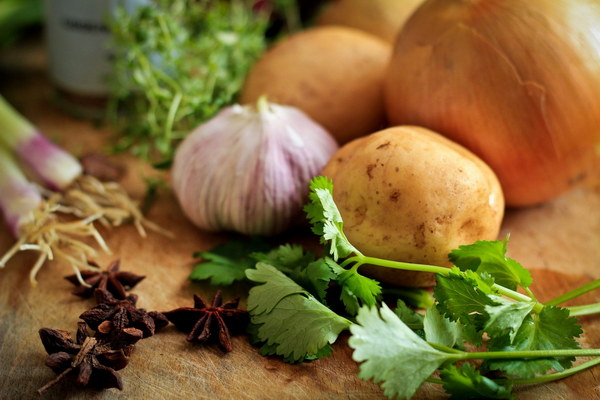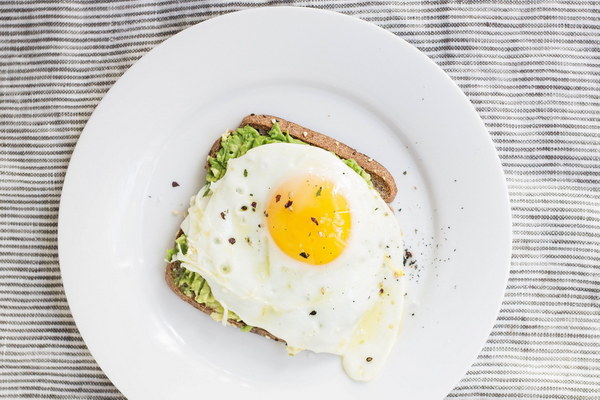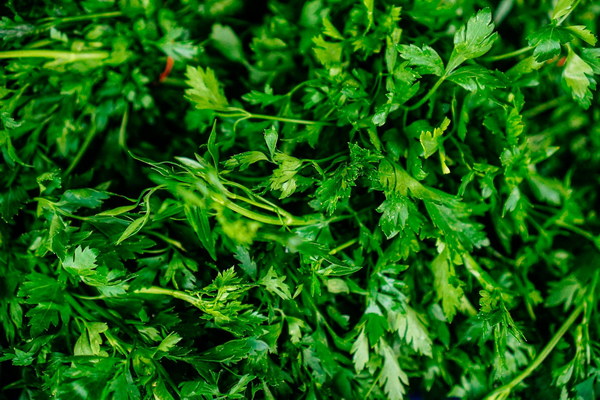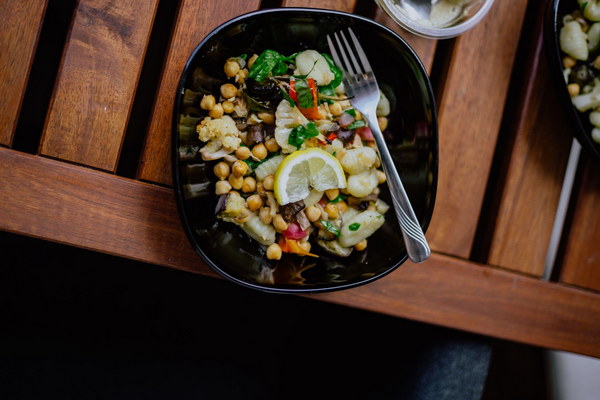Can Drinking Liver Protection Tea Help Lower Elevated Transaminases
In today's fast-paced world, maintaining a healthy lifestyle is crucial for our overall well-being. Among the many health concerns that people face, elevated transaminases, specifically alanine aminotransferase (ALT) and aspartate aminotransferase (AST), have gained significant attention. These enzymes are commonly used as markers for liver function, and their elevated levels can indicate liver inflammation, damage, or disease. One popular natural remedy that has sparked curiosity among individuals with elevated transaminases is drinking liver protection tea. But can this herbal concoction really help lower elevated transaminases? Let's explore this topic in detail.
Understanding Transaminases and Liver Function
Transaminases, also known as aminotransferases, are enzymes found in the liver, heart, and muscle tissues. They play a vital role in amino acid metabolism and are released into the bloodstream when liver cells are damaged or inflamed.ALT and AST are the most commonly measured transaminases, and their elevated levels can be indicative of various liver conditions, including hepatitis, fatty liver disease, and cirrhosis.
The liver is a vital organ responsible for filtering toxins from the blood, producing bile for digestion, and storing essential nutrients. When the liver is under stress, the levels of transaminases in the bloodstream can rise, prompting concern among individuals who have been diagnosed with elevated transaminases.
The Role of Liver Protection Tea
Liver protection tea, also known as milk thistle tea, is a popular herbal beverage made from the seeds of the milk thistle plant (Silybum marianum). The primary active compound in milk thistle is silymarin, a flavonoid complex that has been extensively studied for its potential liver-protective properties.
Research suggests that silymarin can help reduce liver inflammation, protect liver cells from damage, and improve liver function. By acting as an antioxidant, silymarin can neutralize harmful free radicals that can lead to liver damage. Additionally, silymarin has been found to enhance the regeneration of liver cells and improve the overall health of the liver.

Can Liver Protection Tea Lower Elevated Transaminases?
While there is limited scientific evidence to conclusively prove that drinking liver protection tea can lower elevated transaminases, several studies have indicated promising results. Here are a few reasons why this herbal remedy might be beneficial:
1. Antioxidant Properties: As mentioned earlier, silymarin has potent antioxidant properties that can help combat oxidative stress and inflammation in the liver. By reducing inflammation, silymarin may contribute to lower transaminase levels.
2. Liver Cell Protection: Silymarin can protect liver cells from damage caused by toxins, including alcohol, medications, and environmental pollutants. By safeguarding liver cells, silymarin may contribute to improved liver function and, consequently, lower transaminase levels.
3. Improved Liver Regeneration: Silymarin has been shown to stimulate the regeneration of liver cells, which can help restore liver function and, in turn, reduce transaminase levels.
However, it is essential to note that while liver protection tea may offer potential benefits, it should not replace medical treatment or advice from a healthcare professional. In cases of elevated transaminases, it is crucial to identify the underlying cause and receive appropriate treatment.
Conclusion
Drinking liver protection tea, particularly milk thistle tea, may offer some potential benefits for individuals with elevated transaminases. The antioxidant and liver-protective properties of silymarin may help reduce inflammation, protect liver cells, and improve liver function. However, it is vital to consult with a healthcare professional before starting any new treatment, especially when dealing with liver-related concerns. While liver protection tea may be a complementary therapy, it is not a substitute for proper medical care and treatment.









